Acupuncture for Anxiety: Podcast Episode #105
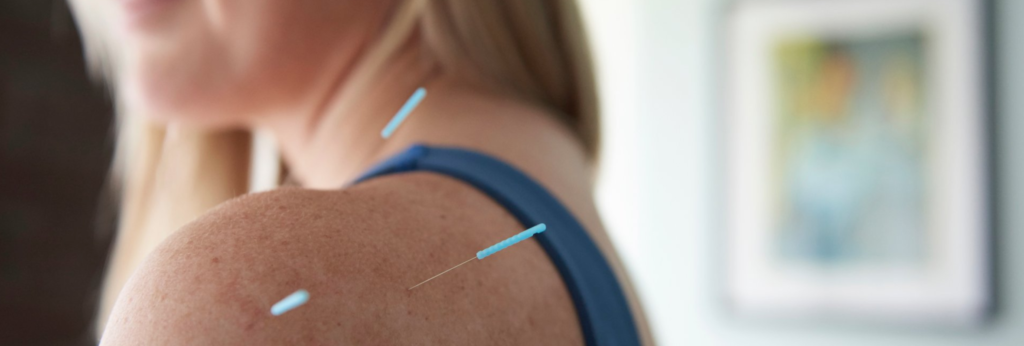
Kristin Revere, Co-Owner of Gold Coast Doulas talks with Vikki Nestico of Grand Wellness about acupuncture to help relieve stress, tension, and anxiety. You can listen to this complete podcast episode on iTunes or SoundCloud. Kristin: Welcome to Ask the Doulas with Gold Coast Doulas. I’m Kristin, and I’m here today with Vikki from […]
COVID-19 Reduce Your Risk!

Ask The Doulas Podcast · Corona Virus Update on Doulas Reduce Your Risk by Megan Mouser, NP. March 31, 2020 STATISTICS COVID-19 With statistics regarding the novel coronavirus changing daily (and even hourly), the most up-to-date information can come from Michigan Department of Health and Human Services as well as the Centers for Disease […]
Jamie’s Breastfeeding Experience: Podcast Episode #76
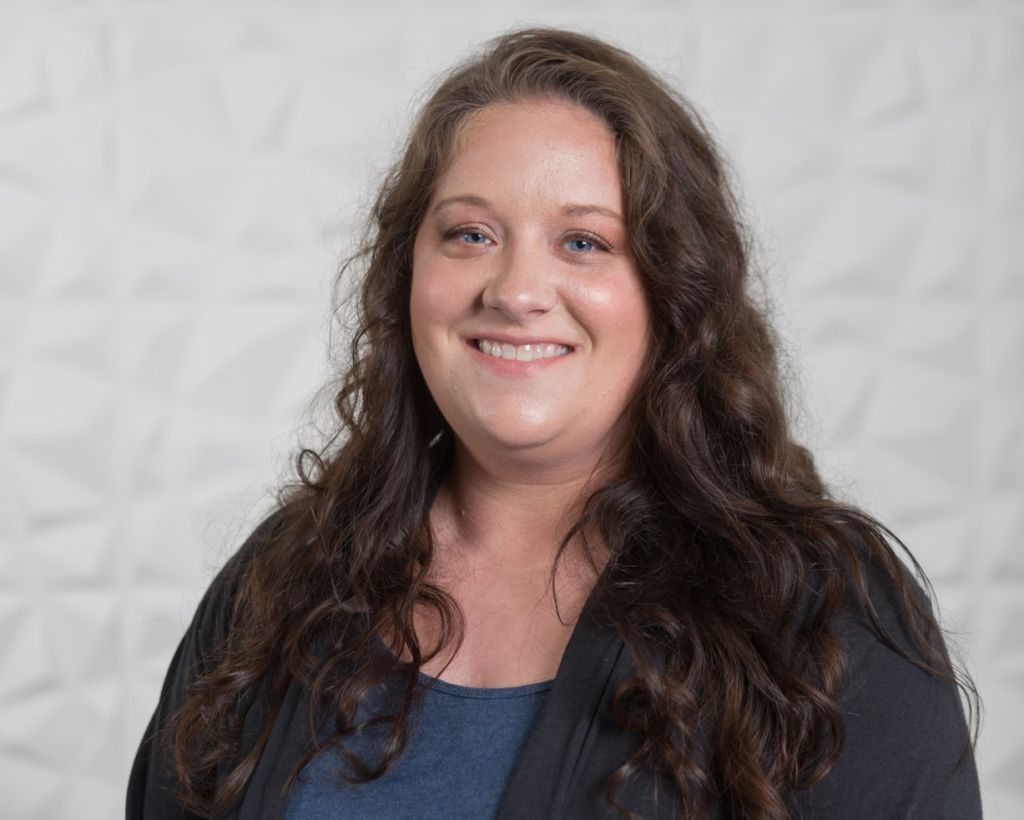
Jamie Platt, Birth and Postpartum Doula with Gold Coast Doulas, tells us about three completely different breastfeeding experiences with her three children. This podcast was recorded over a year ago, and Jamie is now a certified lactation counselor. You can listen to this complete podcast episode on iTunes or SoundCloud. Alyssa: Hi, welcome to another […]
Podcast Episode #50: Kids Eating Healthy
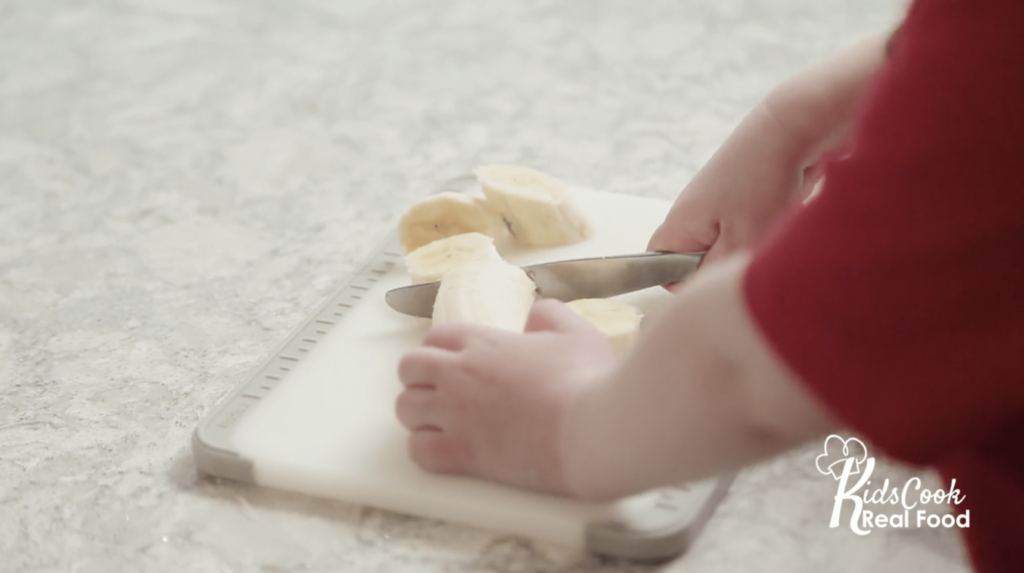
Today Katie Kimball of Kitchen Stewardship and Kids Cook Real Food tells us how to start our babies and get our toddlers eating healthy food. Don’t forget her free download – 10 Snacks your Preschooler Can Make Today! You can listen to this complete podcast episode on iTunes or SoundCloud. Alyssa: Hello! Welcome to […]
Podcast Episode #48: Bri’s Postpartum Story
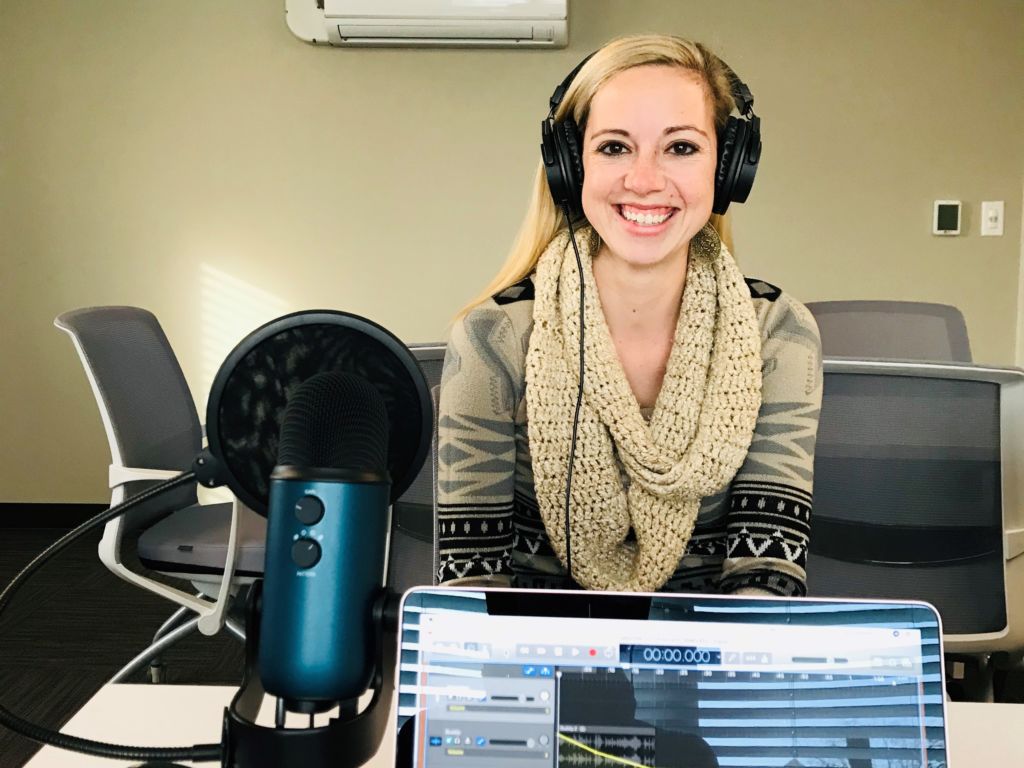
In this episode our dear friend, Bri Luginbill of BetterBodyImageConference.com tells us about her struggle with depression and anxiety before, during, and after pregnancy. You can listen to this complete podcast episode on iTunes or SoundCloud. Alyssa: Welcome to another episode of Ask the Doulas. I’m Alyssa, and today I’m so excited to be talking […]
7 Things You Didn’t Know About Breastfeeding

Today’s guest blog is written by Natalie Michele of Maternity At Home. As soon as you start to breastfeed, most of the women you meet on a daily basis, including your mom, friends, and even acquaintances, will have one or two things to tell you about what to do when nursing a baby. Some will […]
Podcast Episode #30: Amber the Coziness Consultant
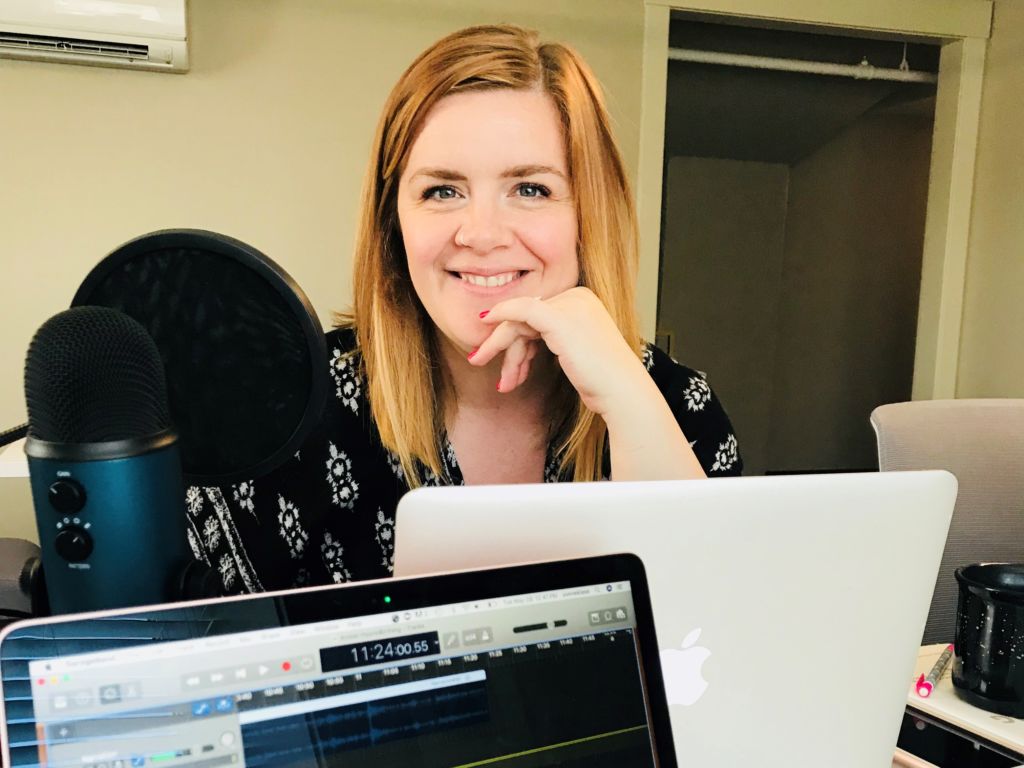
How do you make a space cozy when you have children and babies taking over your house? Amber, The Coziness Consultant, gives us some easy tips for maintaining your sanity during this season of life. You can listen to this podcast on iTunes and SoundCloud. Alyssa: Hello. Welcome to another episode of Ask the […]
The Modern Grandparent
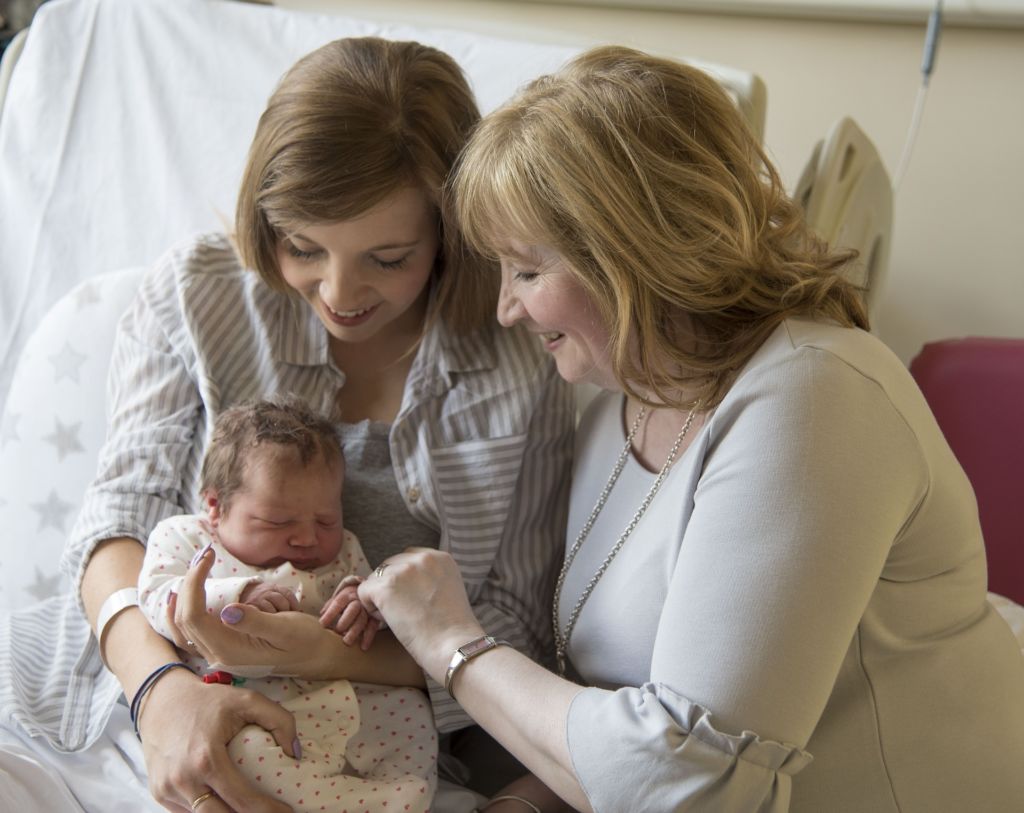
Understanding the Modern Parent First of all congratulations on becoming a Grandparent! Whether this is your 1st or 5th, it is a very excited time for the whole family. Gold Coast Doulas offers in-home private classes for The Modern Grandparent. We are not currently offering group classes. This 2 ½ hour class will break down […]
The Big Latch On – Grand Rapids 2017
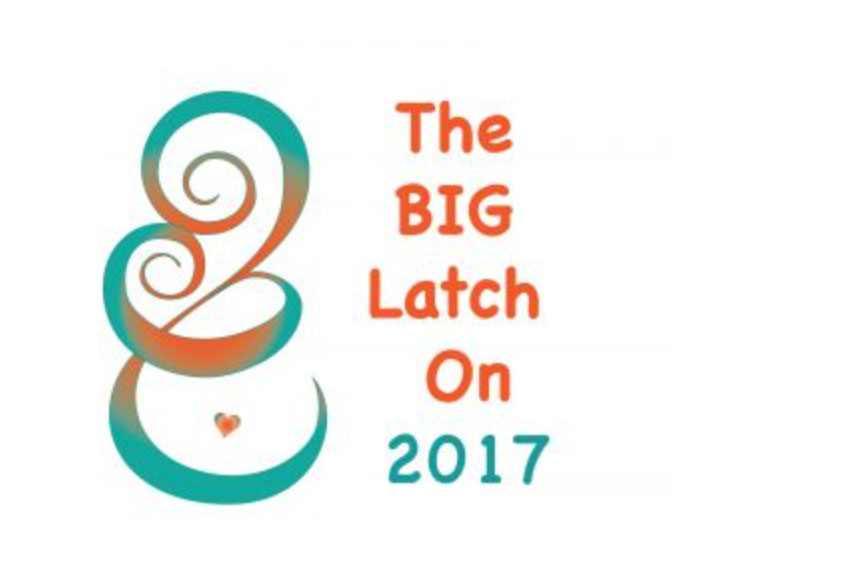
World breastfeeding week is coming up! Why do we care? Each year, World Breastfeeding Week presents many opportunities to celebrate and promote breastfeeding. From August 1-7, this global movement strives to support breastfeeding by cultivating awareness and cooperation within and between communities worldwide. One big way we come together during World Breastfeeding week […]
Why Take a Breastfeeding Class?
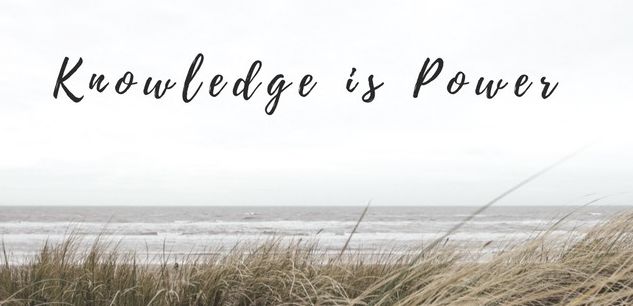
Why Take a Breastfeeding Class? We are pleased to present a guest blog by Shira Johnson, IBCLC . Breastfeeding is natural, right? Well, yes… But it doesn’t always come naturally! Just like parents educate themselves about pregnancy and birth, it’s valuable to have basic knowledge about breastfeeding before baby arrives (we don’t read up on […]
